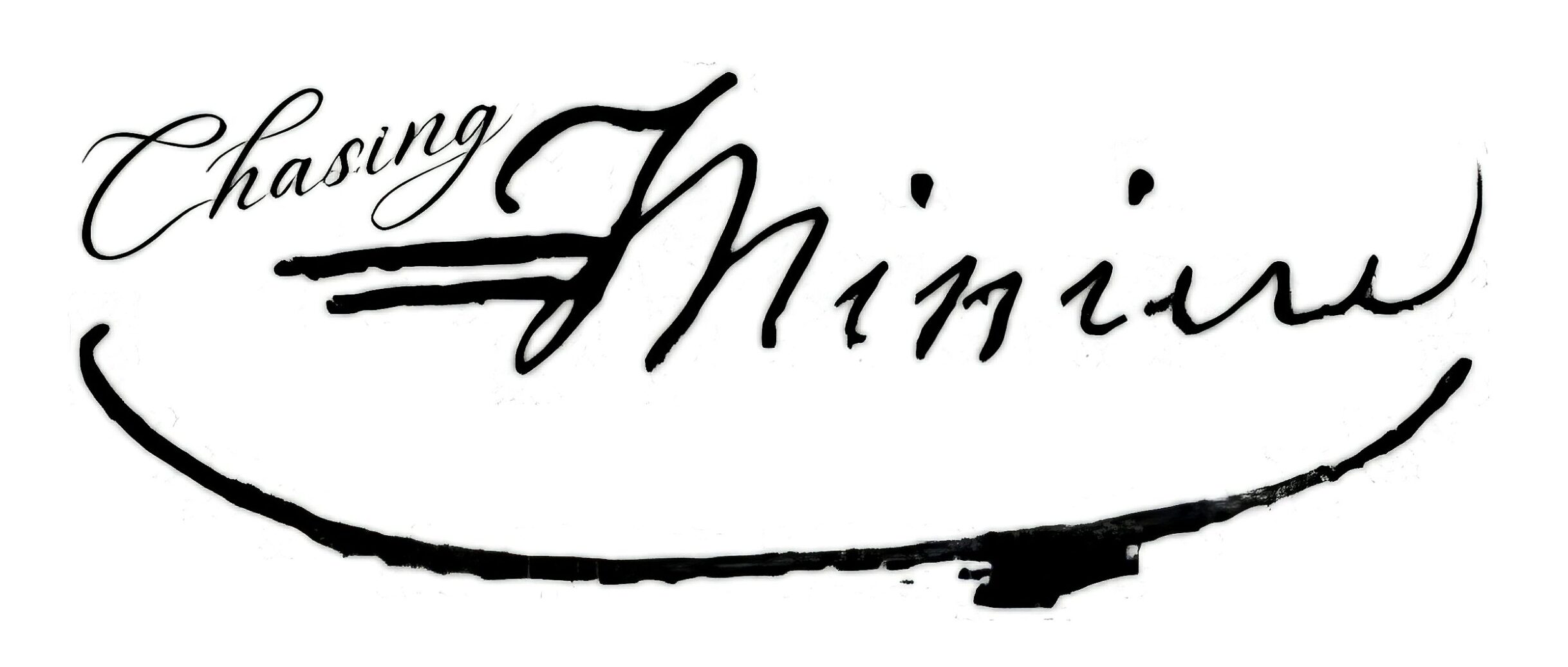Constant Freeman was born in 1757 in Massachusetts to Constant Freeman and Lois Cobb. In 1776, during the Revolutionary War, he served in Colonel Henry Knox’s Regiment of Artillery as a first lieutenant. Before the end of the war, in November 1781, Freeman surfaces in British-occupied Quebec on a notarized mortgage transaction with Jacques Maclot.
In January 1782, Freeman and Lauch Smith are trustees of the estate of the late Janet Smith of Quebec. In 1782 and 1783 Freeman appears on a muster roll as an officer in the U.S. Continental Army. In 1785 he appears on the Boston tax list. In 1785, in Quebec, Freeman and John Lynd petition Deputy-Governor Henry Hamilton for the right to assemble a protestant place of worship in Quebec. In 1786 in Quebec, Freeman appears on a notarized transaction with William Taylor regarding the “Party of the Liberty”.
In Quebec on January 4, 1787, Freeman, along with John Lynd, appears on a list of merchants qualified to serve on special juries. On November 12, 1787, Freeman pays 12 shillings to the Society of Cincinnati, and another 12 shillings on May 8, 1788. On February 3, 1788, Freeman wrote Henry Knox regarding Massachusetts’ possible ratification of the Constitution:
“The great question on the new proposed Constitution, comes before the Convention the next day after the morrow. I need not tell you how anxious are the friends to good order & government on this occasion. It is believed that it will pass with a small majority.”
In 1789, Constant Freeman is again on the Boston tax list. On July 15, 1789, Henry Knox writes Freeman and apologizes for not responding sooner to Freeman’s most recent letter. Knox discusses the possibilities of civil employment for Freeman and comments on the amount of time it may take for Congress to make the necessary preparations. On September 24, 1789, George Washington writes Constant Freeman:
“Your letter of the 9th of July has been received and, agreeable to your desire, I embrace the opportunity, by the return of Mr. Brown to the western country, to inform you that the letter, and account relative to my business in Red-stone came safe to my hands. I am Sir, your most obedient servant. G. Washington.”
On October 4, 1792, Henry Knox wrote Freeman and asked Freeman to contact William Duer on his behalf and inquire from Duer if Duer had received Knox’s letters.
In July 1793, Constant Freeman was appointed as War Department agent in Georgia. He held this position until 1794. In September 1793 Freeman writes Georgia governor Edward Telfair from Augusta. The letter includes extracts of instructions received from Secretary of War Henry Knox regarding payment of troops. Freeman insinuates that federal troops are necessary because of Georgia leadership. Freeman requests the appointment of a paymaster and comptroller to manage payment.
In 1797 Freeman receives a grant for 200 acres in Camden County, GA. On October 2, 1799, Freeman requests double rations from war department secretary William Simmons for various posts in Charleston (the request was denied).
